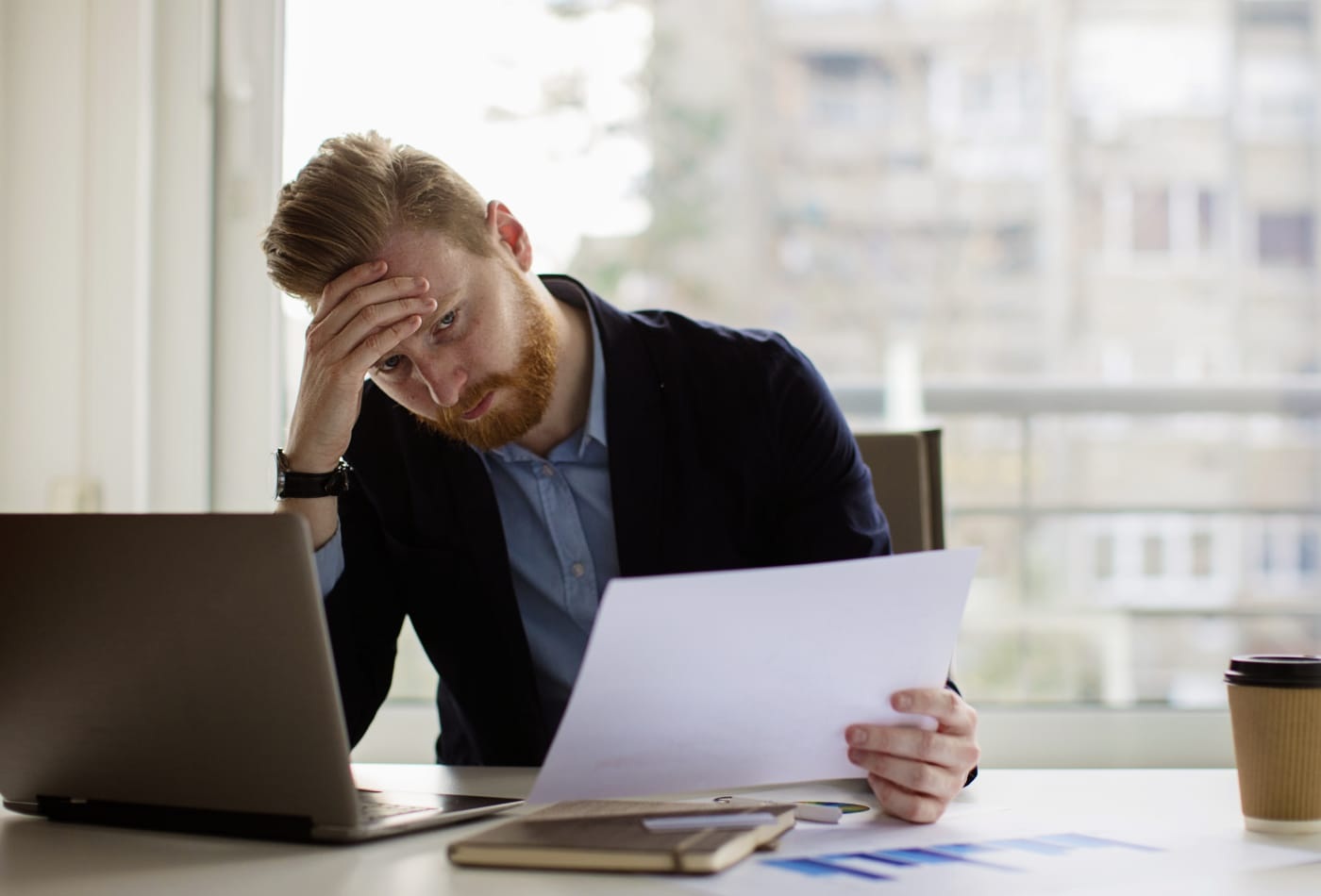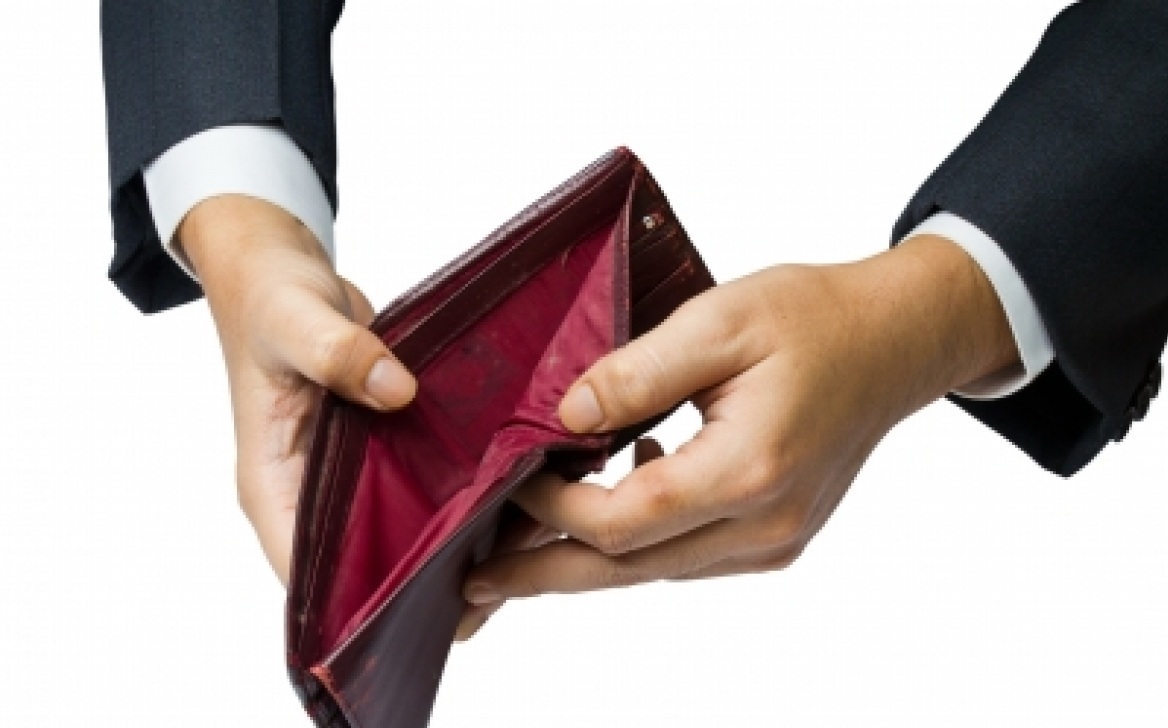Personal bankruptcy laws amidst the virus puts pressure on the economy
病毒冲击经济下的个人破产法
By Shanna Hester
 Shenzhen, Guangdong province, has drafted the first personal bankruptcy law in China, which will come into effect from the 1st of March, 2021. The law aims to provide a chance for "honest and unfortunate" debtors to find a way out of the mire of debt that they cannot afford to pay.
Shenzhen, Guangdong province, has drafted the first personal bankruptcy law in China, which will come into effect from the 1st of March, 2021. The law aims to provide a chance for "honest and unfortunate" debtors to find a way out of the mire of debt that they cannot afford to pay.
According to the draft rules posted by the Shenzhen Government, individuals are still held personally liable for business debts, making it difficult to recover, regardless of the nationwide corporate bankruptcy laws.
As per the personal bankruptcy law, debtors can choose to liquidate, reorganize, or resettle if they fail to pay off debts or become insolvent due to losses or other factors such as living costs. Creditors who are owed more than 500,000 Yuan will also be eligible to apply for a bankruptcy liquidation for the debtor at the courts.
 Shenzhen residents who have made social insurance payments for three consecutive years and meet relevant clauses will be made eligible to seek personal bankruptcy protection under the new law, to better protect their legal rights as debtors. The draft rules was open for public comment until 18th June, 2020.
Shenzhen residents who have made social insurance payments for three consecutive years and meet relevant clauses will be made eligible to seek personal bankruptcy protection under the new law, to better protect their legal rights as debtors. The draft rules was open for public comment until 18th June, 2020.
Once approved, a supervised "probation" period of at least three years will be imposed on applicants who are eligible for personal bankruptcy protection, before all or part of their debts are wiped clean. During this period of probation, their income, expenditure and property will be closely supervised by the bankruptcy management department.
The draft mainly restricts relevant behaviours of the debtor with regard to aspects of consumption and professional qualifications. The debtor may not, for instance, do the following: purchase first-class or business-class plane tickets or first-class or soft-sleeper train tickets; stay in hotels rated above three stars; patronize nightclubs or golf courses; purchase real estate or motor vehicles; build, expand or decorate houses; enrol his/her children in high-fee private schools; rent high-grade office buildings or apartments; pay high premiums for insurance or financial products, etc.. This will apply from the date when the people's court accepts the bankruptcy application to the date when it issues the order to release the debtor's remaining debts.
 With regard to professional qualifications, the debtor is restricted from serving as a director, supervisor, or senior management personnel of listed companies, non-listed public companies, or financial institutions.
With regard to professional qualifications, the debtor is restricted from serving as a director, supervisor, or senior management personnel of listed companies, non-listed public companies, or financial institutions.
All the property belonging to the debtor at the time the bankruptcy application is accepted to be the property of the debtor. The property acquired by the debtor from the time the bankruptcy application has been accepted until the time the order exempting the debtor from liability is made will also be used to pay off the debts.
Necessities for living, medical treatment, and study, as well as reasonable living expenses of the debtor and his/her dependents, etc. will be exempted. However, property whose value is relatively large and which is not used to pay off debts, will not be considered as exempted property.
The procedure for determining exempted property involves the debtor submitting the property declaration report and the list of exempted property to the administrator for review. The administrator will then make the debtor's property report, putting forward opinions on the list of the debtor's exempted property, and submitting it to the creditors' meeting for voting. If the list of exempted properties is not adopted by a vote of the creditors' meeting, the eople's court shall make a ruling.
 The decision of cancelling the remaining debts and lifting the restrictions on the behaviours of the bankrupt individual will be made by the people’s court upon the completion of the inspection period, based on the application of the bankrupt individual and the report of the insolvency administrator.
The decision of cancelling the remaining debts and lifting the restrictions on the behaviours of the bankrupt individual will be made by the people’s court upon the completion of the inspection period, based on the application of the bankrupt individual and the report of the insolvency administrator.
In any case where a debtor has entered the personal insolvency procedure in Shenzhen while his or her spouse has also filed for personal insolvency, both the parties are allowed to apply for bankruptcy liquidation simultaneously, since the case can be handled jointly without requiring the other party/spouse to meet conditions of residence or social security payment.
The new law strongly emphasizes that the rule would only apply for “honest and unfortunate” debtors. Applications of those individuals with intentions of taking advantage of any ambiguity or inadequacy in the law in order to dodge their debt liabilities will be completely disregarded, and they will not be able to dodge accountability for their debts.
A special department will be coordinating between various government departments to make the process more efficient under the new law, making it different from the past traditional system where eligible firms often had to deal with several administrative departments.
Shenzhen has been of major importance for entrepreneurship as it has been a special economic zone for the last few decades. Law-abiding debtors in Shenzhen can expect to start sound businesses once more through the personal bankruptcy rule, which draws lessons from international conventions and practices.
It is expected of other regions to roll out similar trials to free the economy of risks such as credit-fuelled personal consumption.
广东省深圳市起草了中国第一部个人破产法,该法律将于明年3月1日生效。该法律旨在为“诚实和不幸”的债务人提供机会,以摆脱他们负担不起的债务泥潭。根据个人破产法,如果债务人由于损失和其他诸如生活成本之类的原因未能偿还债务或无力偿债,债务人可以选择清算,重组或重新安置。欠债五十万元以上的,也有资格向法院申请破产清算。连续三年缴纳社会保险金,并符合相关条款的深圳居民将有资格根据新法律寻求个人破产保护,以更好地保护其作为债务人的合法权益。规则草案将在6月18日之前公开征询公众意见。本文为您介绍关于这部新的法律的深圳司法体系,以及在此法律下受到影响的人的生活,例如,他们的消费行为会受到限制。